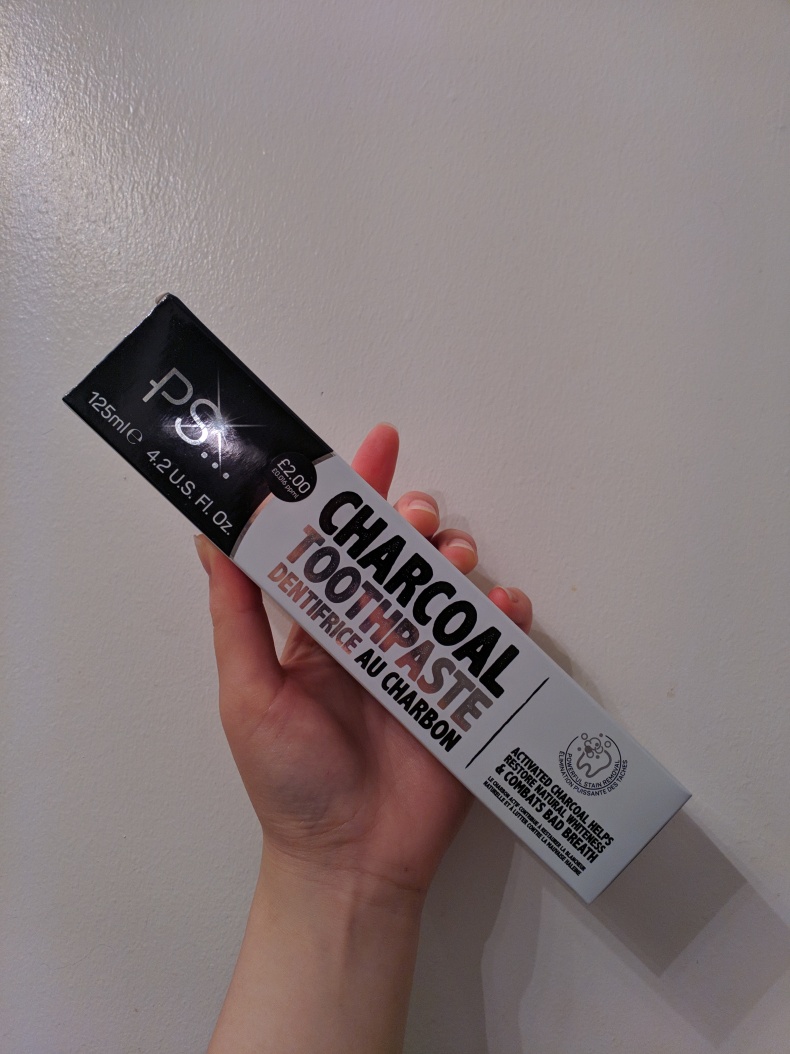Is Charcoal Bad For You?

Whether you are interested in using charcoal as a dental treatment or a detoxifier, there are plenty of questions you may have. First of all, if you are thinking about using charcoal, you should know that it can cause several health issues. Charcoal is hotter than gas and therefore produces a lot of smoke. Those fumes can contain toxins, including PAHs, which are deposited on the charred food. These compounds are also found in cigarette smoke and car exhaust.
Activated charcoal as a detoxifier
Activated charcoal as a detoxifier is a natural product that can be consumed in various forms. Activated charcoal is highly porous and has a negative ionic charge that draws positively charged molecules and ions to it. Because of this, activated charcoal can attract and bind a wide variety of chemicals and toxins in the body. The toxins bonded with the charcoal will then be flushed out of the body. However, it should be noted that charcoal is not a complete detoxifier. It is not a magic pill and you should consult a physician before using it to detoxify your body.
Activated charcoal is often used in emergency medicine to help reduce the toxic load in a patient. It works by binding with poisons in the gastrointestinal tract and blocking their absorption into the bloodstream. The toxins then pass out of the body in the stool. However, there are many misconceptions surrounding its use as a detoxifier. For example, some non-scientific nutritionists misinterpret its medical use. While it might be safe to consume activated charcoal in small doses for a short period of time, it is important to remember that this supplement can bind with medications and other chemicals.
Activated charcoal is made from carbon-rich materials like coconut shells and other wood and peat. It is processed to make it more porous than normal charcoal. It is also non-toxic, meaning it is not harmful for consumption. However, some types of charcoal are activated by steaming or chemical methods, making them suitable for detoxification routines and other health applications.
Despite its beneficial effects, many researches are opposed to using activated charcoal to treat a variety of health conditions. The lack of evidence, as well as untested side effects, have made the use of activated charcoal a controversial topic. According to Caporuscio, it is important to explore the potential side effects of charcoal before it is widely used.
Activated charcoal as a detoxifier should not be taken for chronic use. It should be used as a temporary remedy only if your toxins are contained in the upper digestive tract. In severe cases, it is best to seek medical attention immediately. It may interact with other medications and should be taken under the supervision of a physician.
In addition to detoxifying the body, activated charcoal has been used in digestive cleanses and as a treatment for bloating and gas. It is also used in detox juices and pills. Activated charcoal helps to purify the body of toxins that can cause fatigue, food allergies, and inflammation. Although the benefits of charcoal as a detoxifier are well known, the quick fix method is often not the best solution for healthy digestion.
There are many potential risks associated with using activated charcoal as a detoxifier. It can interfere with other medications, including prescription drugs. Moreover, charcoal can negatively impact the absorption of essential vitamins and minerals. Thus, using charcoal as a detoxifier too often can lead to health problems.
Activated charcoal as a dental treatment
Activated charcoal as a dental treatment may seem like an appealing idea, but there are some major risks associated with this procedure. In addition to potentially damaging teeth, activated charcoal has also been known to cause overdoses and other side effects. It should never be used as an alternative to good oral hygiene.
Activated charcoal is a black, grainy substance used in many dental products that claim to remove plaque and stains. However, the effectiveness of these products is disputed and scientific evidence is lacking. In fact, the American Dental Association discourages the use of charcoal products. Moreover, charcoal can damage teeth due to its abrasive nature. It wears away the tooth enamel, which is the protective layer on teeth and protects them from tooth decay.
In addition to causing gum irritation, activated charcoal can also damage the teeth. While it may remove plaque and stains from the surface, over time, it will wear away the enamel on the teeth, exposing dentin underneath. Since dentin is a darker color than enamel, this can damage your teeth over time. This could require expensive cosmetic dental treatments.
Activated charcoal is available as a powder that you mix with water to make a paste. After mixing the paste, you apply it to your teeth. Some people use a toothbrush to apply the charcoal to their teeth, while others prefer to use their finger. The finger is more effective for applying the charcoal to the teeth because of its abrasive nature. However, remember that charcoal will stain your clothes, towels, and countertops.
While charcoal can be harmful for your teeth, it has many other benefits. First, it raises the pH level of your oral cavity. As a result, it helps remove plaque and bad odor. It can also lower the cholesterol level. It can also help treat gastrointestinal ailments.
It’s important to use activated charcoal responsibly. You should use a product that has the ADA Seal of Acceptance. Also, don’t use it for too long. Because activated charcoal is abrasive, it can erode tooth enamel. Therefore, you should consult a dental professional before using it for long-term teeth whitening.
It can cause irreversible damage to your teeth if used excessively. For this reason, it is best to use activated charcoal toothpaste and toothbrush in addition to your regular dental routine. Charcoal toothpaste will not work as well as regular toothpaste and fluoride. In addition, charcoal toothpaste can cause teeth to become sensitive, and may even lead to cavities.
Read more great BBQ articles at Bob's BBQ Tips
Did you miss our previous article…
https://notoriousbob.net/?p=2332



